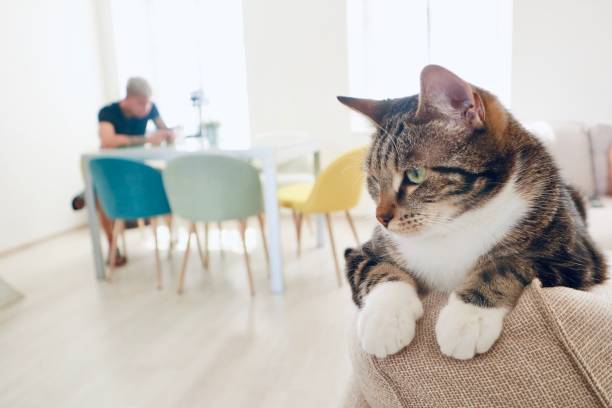Beyond the Surface Area: Deep Dive into Health Threats of Cat Litter Boxes
Wiki Article

Cat owners are no strangers to the day-to-day task of scooping out their furry good friend's litter box. It's a routine job that's frequently ignored, yet essential for keeping a clean and healthy environment for both felines and their human companions. Nevertheless, what many animal owners might not realize is that there are surprise health risks related to the litter box that can pose risks to both human beings and cats alike. From respiratory concerns to parasitic infections, the litter box can harbor a variety of risks that need careful attention and management.
One of the most typical health threats associated with the litter box is respiratory concerns. Cat litter, especially clay-based varieties, can include great dust particles that end up being airborne when disrupted throughout scooping or when felines dig in the litter. These dust particles can be inhaled by both cats and people, causing breathing irritation and intensifying conditions such as asthma or allergic reactions. In many cases, prolonged exposure to litter dust can even trigger more extreme breathing problems in both cats and their owners.
To lessen breathing dangers, it's vital to select low-dust or dust-free litter choices and to scoop the litter box in a well-ventilated location. Using a dust mask while cleaning up the litter box can likewise help in reducing exposure to airborne particles, particularly for individuals with respiratory sensitivities.
Another considerable health danger connected with the litter box is the capacity for parasitic infections, especially from Toxoplasma gondii, a typical parasite discovered in cat feces. While a lot of healthy people might not experience symptoms if infected, pregnant women and people with weakened body immune systems are at greater threat of establishing serious problems, including abnormality and neurological disorders.
To minimize the risk of parasitic infections, pregnant females need to avoid cleaning the litter box altogether and entrust this job to another family member. In addition, all people must practice great hygiene routines, consisting of cleaning hands thoroughly after handling the litter box or entering into contact with feline feces, to minimize the danger of transmission.
Many business feline litters include chemicals and additives that can pose health threats to both cats and humans. For instance, some fragrant litters may contain scents or vital oils that can irritate sensitive breathing systems or set off allergic reactions. In addition, clumping litters typically include sodium bentonite, a clay product that can expand when consumed, resulting in gastrointestinal clogs if taken in by cats.
To decrease chemical direct exposure, opt for odorless or naturally-scented litters made from naturally degradable products such as paper, wood, or plant-based alternatives. These environmentally friendly alternatives are not just safer for your feline's health but likewise better for the environment.
The litter box environment supplies an ideal breeding place for germs, including possibly hazardous pathogens such as E. coli and Salmonella. These germs can pollute the litter box and surrounding locations, increasing the risk of infection for both felines and cat litter box furniture human beings. Cats can contract bacterial infections through direct contact with infected litter or by ingesting feces during grooming, while human beings can become contaminated through contact with infected surfaces or poorly washed hands.
To minimize the risk of bacterial contamination, it's vital to clean the litter box frequently using warm water and mild detergent, along with to sanitize the surrounding location to prevent the spread of germs. Additionally, practicing excellent hand health, including cleaning cat litter robot hands thoroughly after dealing with the litter box or entering into contact with cat feces, can assist minimize the danger of bacterial transmission.
While the litter box might look like an ordinary aspect of feline ownership, it's necessary to recognize the prospective health threats connected with this apparently innocuous fixture. From breathing concerns to parasitic infections and bacterial contamination, the litter box can harbor a variety of dangers that require cautious attention and management. Self Cleaning Litter Boxes By taking proactive procedures to minimize exposure to these dangers, feline owners can create a much safer and much healthier environment for both their feline buddies and themselves.